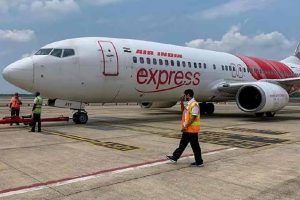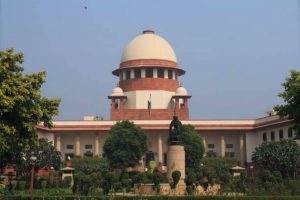Prime Minister Narendra Modi is set to address the third Kautilya Economic Conclave on 4th October 2024 at around 6:30 PM at the Taj Palace Hotel in New Delhi.
The Institute of Economic Growth, in partnership with the Ministry of Finance, Government of India, will host the third edition of the Kautilya Economic Conclave (KEC) from October 4-6, 2024, in New Delhi.
This year’s conclave will focus on themes such as financing the green transition, geo-economic fragmentation and its implications for growth, and principles for policy action to preserve resilience, among others.
Both Indian and international scholars and policymakers will discuss some of the most important issues confronting the Indian economy and economies of the global south. Speakers from across the world will take part in the conclave.
This conclave will bring together close to 150 national and international academicians and policymakers to discuss some of the most important issues confronting the Indian economy and economies of the global south.
Notably, since 2021, India has been the world’s fastest-growing large economy, with a stable macroeconomic environment.
The average growth of 7% plus experienced by India is more than double the global average.
This year’s conclave will focus on several themes, including reforming the international financial architecture; financing the green transition; geo-economic fragmentation and its implications for growth; India and the middle-income trap; jobs and skilling; artificial intelligence and public policy design; and principles for policy action to preserve resilience.
As per the information shared by the Ministry of Finance, discussions in these sessions will range from how the Indian economy can create more regular jobs to how the rules-based multilateral system must adapt to prevent geo-economic fragmentation, and how progress through multilateral consensus can be made possible.
It will also focus on harnessing India’s comparative advantage in AI, ML, and Fintech for job creation; assessing India’s current growth trajectory and considering ways in which India can maintain productivity growth by maximising catch-up growth and developing innovation capabilities; and studying the reforms needed to make the financial system more resilient as well as efficient.
The focus will also be on identifying the long-term reforms needed to achieve the goals of sustainable development and discussing the challenges of managing climate change while achieving an energy transition to renewable energy.
The discussions in the conclave will serve as a precursor to the upcoming annual meetings of the IMF and the World Bank, COP 29, and the Brazilian G20 Leaders’ Declaration.











